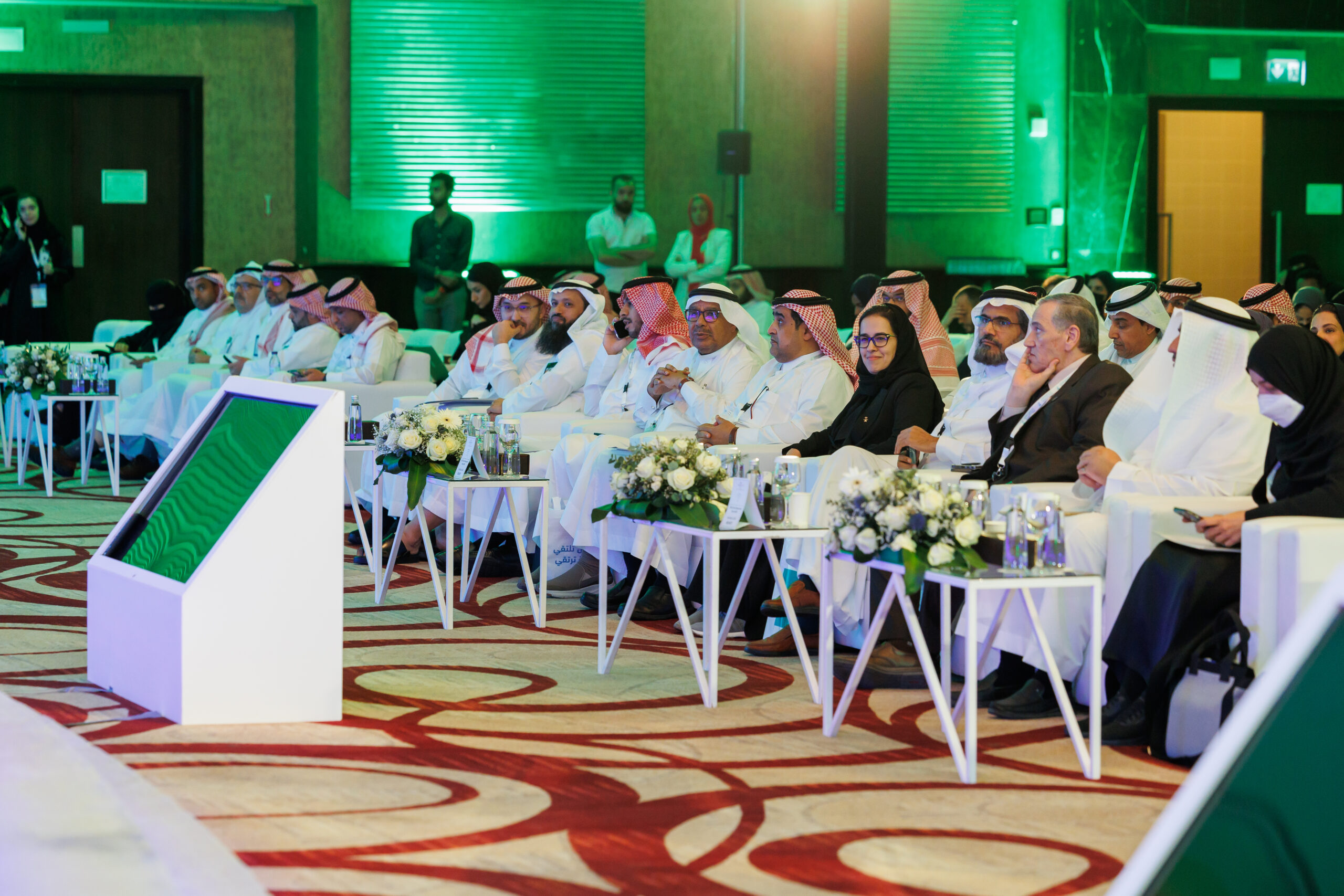2ND TRENDS AND INNOVATIONS IN MEDICAL LABORATORIESCONFERENCE
2ND TRENDS AND INNOVATIONS IN MEDICAL LABORATORIESCONFERENCE

This session will delve into the latest advancements in haematological malignancies diagnosis and treatment, focusing on various disciplines such haematology, Flow Cytometry and cellular therapy processing laboratories. Experts will discuss innovative strategies and cutting-edge research that aim to tackle the age-old challenges posed by cancer, offering hope for more effective and personalized therapies.
This session will showcase the latest breakthroughs in histopathology, with a particular focus on the integration of digital and AI technologies. Discover how these innovative tools enhance diagnostic accuracy, accelerate research, and personalize patient care. We'll also explore other emerging technologies that are reshaping the field.
Navigating the complex landscape of regulations is crucial for the successful implementation of innovative laboratory practices. This session will provide valuable insights and practical guidance on how to effectively navigate the regulatory framework while pushing the boundaries of innovation. Attendees will gain a deeper understanding of the key considerations and strategies for compliance in the ever-changing regulatory environment.
Automation has become an integral part of modern laboratory testing methods, transforming the way we conduct experiments and analyze data. This session will explore the latest trends, benefits, and challenges associated with integrating automation both within and outside the laboratory setting. Attendees will learn about the most advanced automation technologies for core laboratories and discover how they can enhance efficiency, accuracy, and reproducibility in their testing procedures.
The field of genetics has witnessed remarkable progress in recent years, particularly in understanding the architectural changes within DNA. This session will showcase the cutting-edge techniques and technologies that are enabling laboratories to better comprehend and diagnose genetic disorders at the architectural level. Attendees will gain insights into the latest breakthroughs and their potential impact on personalized medicine and genetic counselling.
Emerging vector-borne diseases, and antimicrobial resistance (AMR) pose significant threats to public health. Additionally, laboratories should function at appropriate biosafety and biosecurity standards to protect the laboratory workers and the public. This panel discussion brings together microbiology and virology experts to examine the impact of microbes on public health. Topics will include the threat of emerging vector borne diseases, including the impact of environmental factors and urbanization on pathogen transmission and control. We will also examine critical issues in laboratory biosafety and biosecurity, highlighting related implications and requirements. Additionally, we will address the escalating crisis of antimicrobial resistance, discussing local policies and the role of surveillance and managements in combating these threats.
As the field of laboratory medicine continues to evolve at a rapid pace, it is crucial to prepare the next generation of laboratory professionals with the skills and competencies required to thrive in the future. This session will address the emerging trends and challenges in laboratory workforce development, focusing on the key skills and attributes necessary for success. Attendees will gain valuable insights into training programs, mentorship opportunities, and strategies for fostering a culture of continuous learning and adaptability.